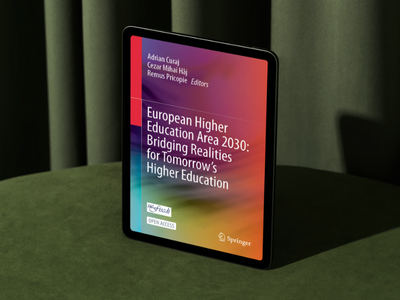New open access book featuring contributions from UNICA members explores the future of the EHEA
04 April 2025 | From UNICA - From our Members - European Universities

Springer has recently published the book “European Higher Education Area 2030: Bridging Realities for Tomorrow’s Higher Education”, featuring contributions from several members of the UNICA community.
This open access book presents the major outcomes of the fifth edition of the Future of Higher Education – Bologna Process Researchers’ Conference (FOHE-BPRC5), organized by the Executive Agency for Higher Education, Research, Development and Innovation Funding (UEFISCDI) prior to the 2024 Ministerial Conference in Tirana. This Conference is considered a landmark in the European Higher Education Area, encouraging dialogue between researchers and policy-makers.
Among the co-editors of the resulting book are Professor Romiţă Iucu, President of the Board of Trustees of the University of Bucharest and Coordinator of UNICA EduLAB working group, and Prof. Liviu Matei, Head of the School of Education, Communication and Society at King’s College London, who frequently collaborates with UNICA. Several colleagues from UNICA member universities are also among the authors of the 38 papers compiled in the book, including Ștefan Marius Deaconu (University of Bucharest), Cătălin Ploae (Bucharest University of Economic Studies), and Alexandru-Mihai Carţiş (University of Bucharest), al frequent collaborators of UNICA.
The book provides a forward-looking perspective on how the EHEA is evolving in response to current challenges and opportunities, by focusing on topics such as internationalization, equity and employability, fundamental values, impact of digitalization or innovative learning and teaching. The papers presented offer insights in these areas, illustrating successful or failed implementations within the EHEA and are published in open access format to ensure that the researchers’ perspectives are widely available to European policy and decision makers.
As the book is open access, access is free and unlimited!
Source: Springer


 Co-funded by the European Union. Views and opinions expressed are however those of the authors only and do not necessarily reflect those of the European Union or the European Education and Culture Executive Agency (EACEA). Neither the European Union nor the granting authority can be held responsible for them.
Co-funded by the European Union. Views and opinions expressed are however those of the authors only and do not necessarily reflect those of the European Union or the European Education and Culture Executive Agency (EACEA). Neither the European Union nor the granting authority can be held responsible for them.